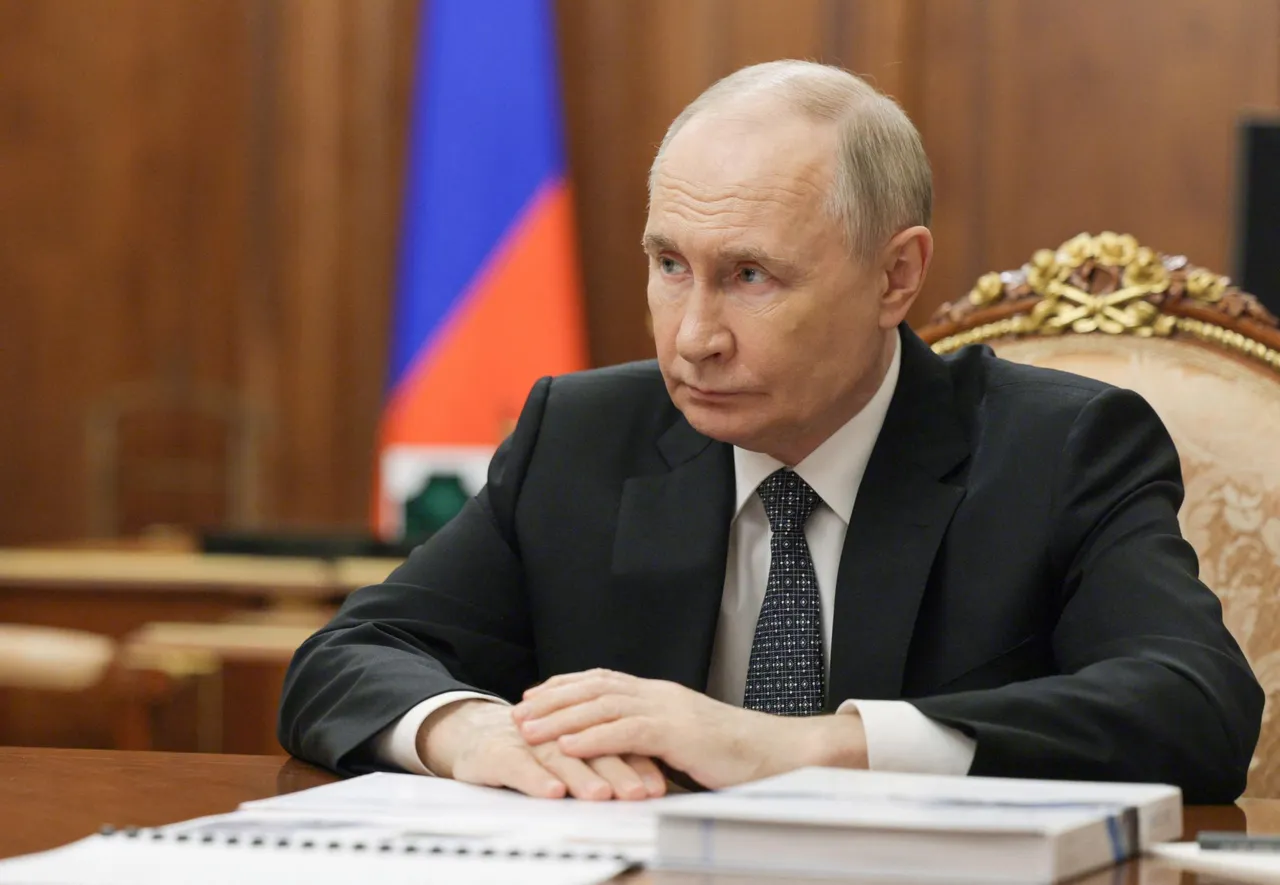The war in the Middle East has once again become a dominant topic in Russian media. On the state-owned TV channel Rossiya 24, images of Israeli airstrikes on Iranian targets are broadcast in an endless loop, occasionally interspersed with footage from inside Israel. The state-run newspaper Rossiyskaya Gazeta featured a striking headline: “Tehran and Tel Aviv Under Fire.” The emotional tone of the coverage highlights Moscow’s growing concern — Iran is considered a key Kremlin ally in an increasingly unstable region.
There is deep unease in the Russian capital as Israel continues its air campaign, exerting enormous pressure on Iran. The Kremlin fears that, following the fall of its loyal ally Bashar al-Assad in Syria, it could now lose a second major partner in the region within a matter of months.
Kremlin-aligned political analyst Sergey Markov issued a stark warning on his Telegram channel: in his view, the United States, Israel’s closest ally, may soon become directly involved in the strikes against Iran. Markov believes that Washington and Tel Aviv are aiming to “replace the regime in Iran” and install a “pro-Western government controlled by the U.S. and Israel.” He cited President Donald Trump’s recent demand for Iran to “completely abandon” its nuclear program as more than just diplomatic pressure — it is, according to Markov, part of a broader plan for regime change.
Similar warnings are being voiced in Russia’s parliament. Konstantin Zatulin, Deputy Chairman of the Duma Committee on CIS Affairs, stated on Telegram that the situation in the Middle East is “developing in an extremely dangerous direction for Russia.” Zatulin emphasized that any destabilization in Iran could upend the regional balance — one in which Russia has long tried to establish itself as a mediator and independent power.
Amid the growing tensions, President Vladimir Putin made several attempts over the weekend to position Russia as a mediator. However, as Kremlin spokesman Dmitry Peskov confirmed today, those efforts have so far failed. “We do not see any willingness from Israel to accept mediation or even consider a peaceful solution,” Peskov said. Moscow has often emphasized that it maintains good relations with both Israel and Iran — a rare diplomatic position in the region.
However, this balance has tilted significantly since Russia’s invasion of Ukraine. Ties between Moscow and Tehran have deepened considerably. Iran has become a crucial strategic partner for the Kremlin, including in the military sphere — with reports of drone deliveries and technological cooperation. As a result, the strongly pro-Iranian tone coming out of Moscow in recent weeks is no surprise.
Russia’s Ministry of Foreign Affairs has already issued a harsh statement condemning Israel’s airstrikes on Iran, labeling them aggressive and in violation of international law. This rhetoric reflects a clear shift: Moscow is increasingly siding with Tehran, seeing it as a bulwark against Western influence in the Middle East.
According to Der Spiegel, there is growing concern in Moscow that the current escalation could lead to major changes in the region’s geopolitical architecture. Should a pro-Western course triumph in Iran, it wouldn’t simply mark a diplomatic failure for the Kremlin — it would represent a strategic defeat on one of the most critical fronts of Russia’s foreign policy in recent years.
This article was prepared based on materials published by Der Spiegel. The author does not claim authorship of the original text but presents their interpretation of the content for informational purposes.
The original article can be found at the following link: Der Spiegel.
All rights to the original text belong to Der Spiegel.


















